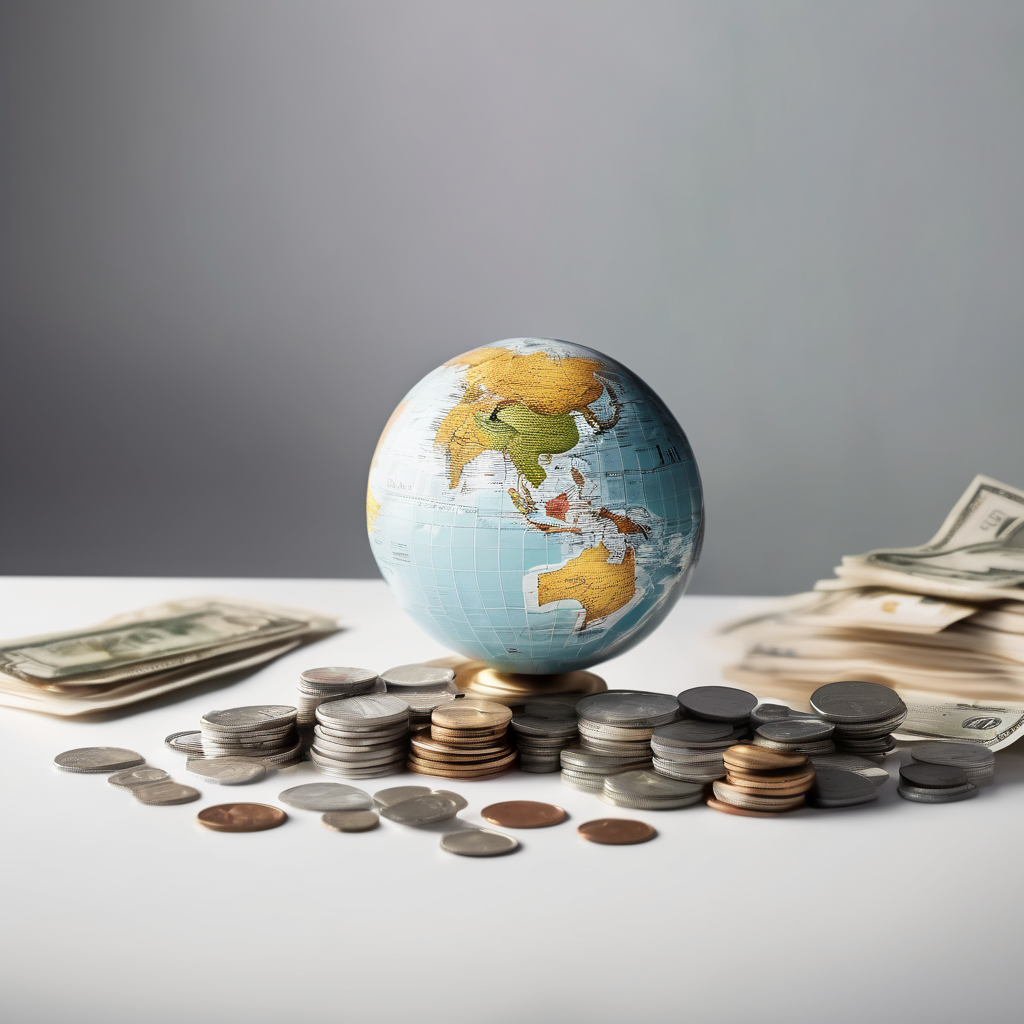The Fijian economy is on a path of growth, with expectations set for a 3.2 percent increase in 2025, as reported by the Reserve Bank of Fiji’s latest Economic Review. This positive outlook follows a 3.5 percent growth in 2024 and a robust 9.4 percent rebound in 2023, but the journey is marked by mixed performances across various sectors.
Key growth drivers such as services, agriculture, and manufacturing buoyed the economy last year, reflecting a healthy upward trajectory. Tourism, a vital sector for Fiji, has shown signs of resilience, with a slight increase in visitor arrivals by August 2024. Insightful recovery efforts have drawn visitors back, especially from Australia and New Zealand, although overall figures present a more modest rise of 0.4 percent to 642,810 visitors.
However, challenges linger, notably in the agriculture and extractive industries. A decrease in cane and sugar production by 4.3 percent and 13.4 percent respectively is attributed to supply issues and declining cane quality. Similarly, a significant 24.8 percent drop in gold ore production highlights downturns in this area, in part due to Vatukoula Gold Mines Limited’s shift towards exporting gold concentrates. Moreover, mineral water production saw a 5.4 percent decline due to disruptions in plant maintenance and weaker international demand.
Conversely, sectors like timber production exhibit encouraging trends, with mahogany output more than doubling, and slightly increased electricity generation marks a positive note, hinting at rising energy demands from both domestic and industrial users.
Examining these varied performances with broader economic data, Fijian policymakers emphasize the resilience of the economy even amid external pressures and internal sectoral challenges. While some articles note a slight reduction from earlier forecasts—from an initial 3.4 percent to the current 3.2 percent forecast—strong domestic consumption and government expenditure remain pivotal in sustaining growth.
Positive strides in some sectors underscore a diversified economy capable of withstanding variable conditions. As the island nation navigates these trials, strategic investments in tourism, infrastructure expansion, and diversification in resource-based sectors can continue to bolster growth.
While challenges, particularly in traditional industries and international tourism dynamics, remain, Fiji’s ongoing focus on policy adaptability and sectorial strength positioning offers a reason for optimistic anticipation of continued economic resilience and sustainability.
